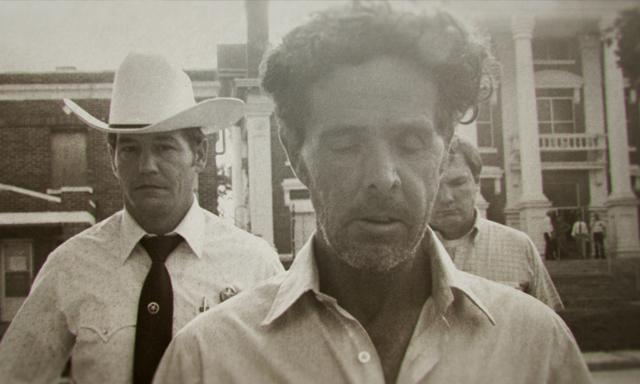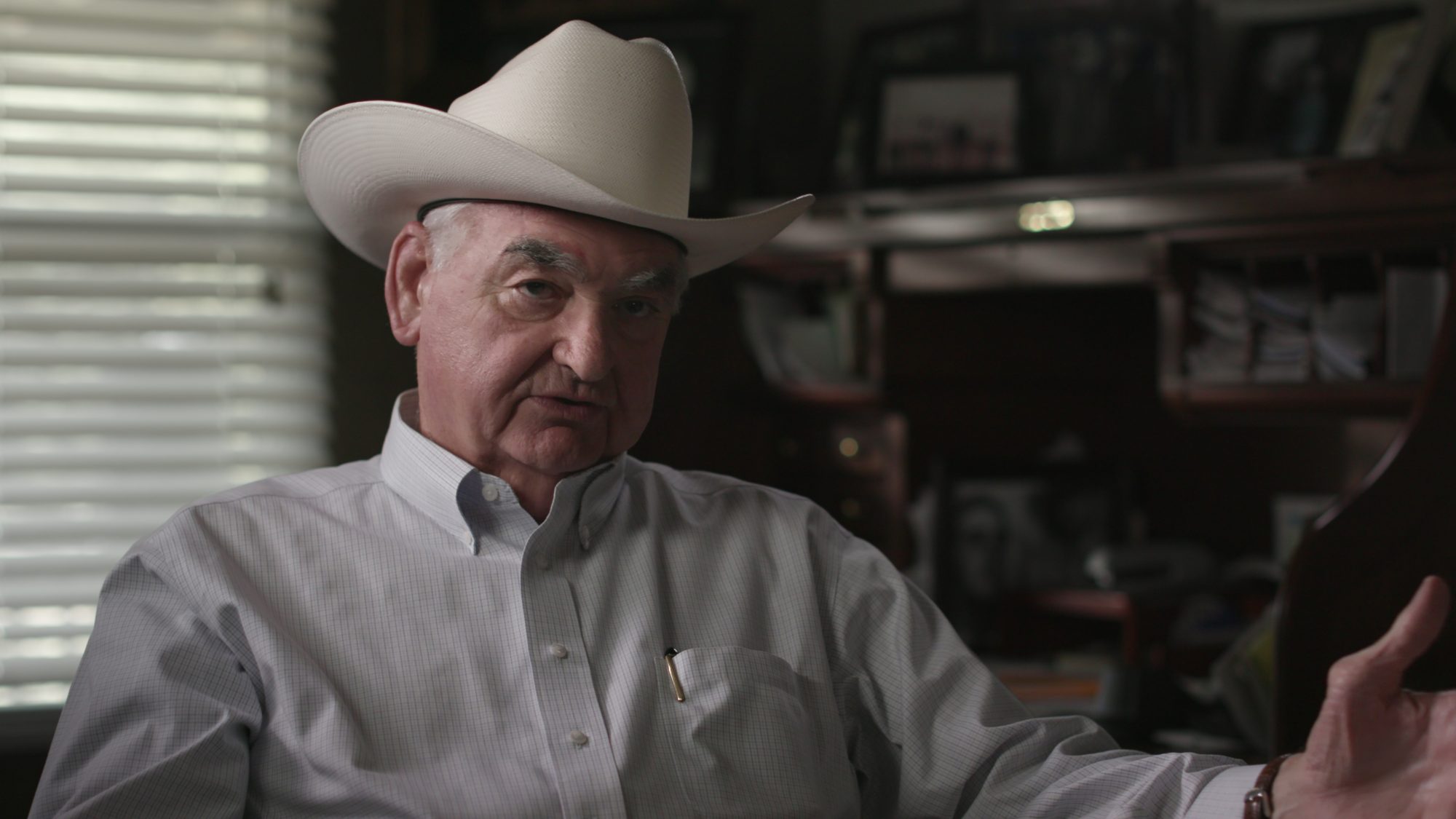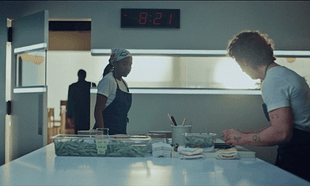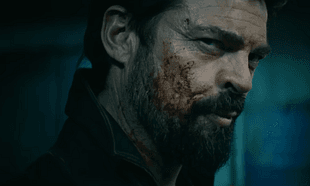'The Confession Killer' chronicles the unbelievable true story of Henry Lee Lucas. In 1983, Lucas was convicted of murdering two women, one of whom was his girlfriend, the other an older woman he lived. He'd previously been convicted of murdering his mother in 1960. He would go on to confess to committing what began as a hundred people, but eventually rose to six hundred. He was either the world's most horrific serial killer ("he made Charles Manson look like Tom Sawyer") or this was the greatest hoax of criminal history.
Those who have enjoyed the range of true crime series such as 'Making a Murderer' and 'The Staircase' that Netflix has produced will find much of interest here. Unlike other Netflix series, this one is shorter (five episodes of 45-50 mins each) so you'll binge through it easily over a weekend. Like its predecessors, it is well paced and unravels in an engrossing, almost cinematic, way.
The initial interviews are with (now retired) Texas rangers, who end up working a bit too closely for comfort with Lucas. We begin with Lucas' arrest for the murder of two women and proceed to his shocking proclamation in court that he has killed another hundred. Lucas draws pictures of the women he killed, describing on the sides of the drawing what they were wearing and how he killed them. He is passed onto Sheriff Jim Boutwell, a local legend, who gathers a task force that coordinates with officers across the States to interview Lucas, rather than investigating cases - that's the first red flag. Then Hughes Aynesworth, a journalist who wrote a book about Ted Bundy, also senses something isn't right and starts some investigating of his own.
Lucas' personality makes for a fascinating point of interest. There's one surreal scene where a Japanese film crew visit and offer Lucas the gift of a watercolor set. Lucas looks like an excited kid on his birthday, lapping up the attention. He is heaped with praise, cigarettes and milkshakes by the Rangers, and has a pretty sweet life, for a prisoner. We learn of his abused childhood only in random snippets rather than chronologically (unlike was the case in say 'Conversations With a Killer: The Ted Bundy Tapes'). At one point, he is flown around the country on private planes to talk to officers and dons sunglasses like a rock star.
We learn much about Lucas through his relationships too, such as with Ottis Toole, his accomplice, an unintelligent man. Lucas shows gentleness and warmth towards Clemmie, the jailhouse minister, and is so amicable with the officers and so praised by Boutwell, it feels like he should start calling Lucas "good boy". There's a surrealness to the way Lucas is approached by the law and a fascinating psychology to it all as Lucas got much from his confessions, feeling delighted that he could be so helpful; the cops too were enjoying the commendations they got for "solving cases". Then when Lucas says he made the whole thing up, the tables start turning very, very quickly.
As with other true crime shows, we delve into the media and public interest in Lucas' case. We also see the tragedy the victims' families have endured. In the end, the extent of the cover up, and the battle of wills between the Texas rangers versus DA Vic Feazell and Aynesworth among others, makes for a fascinating watch.










































































